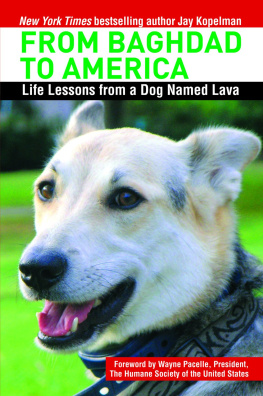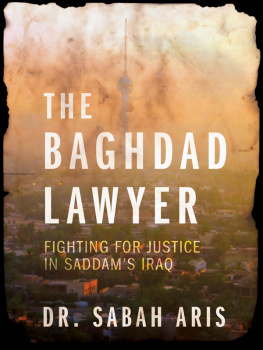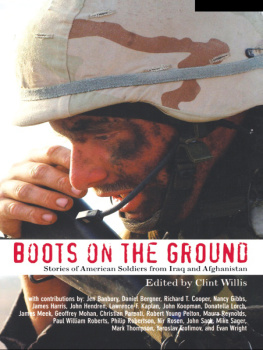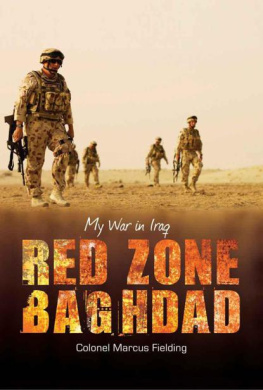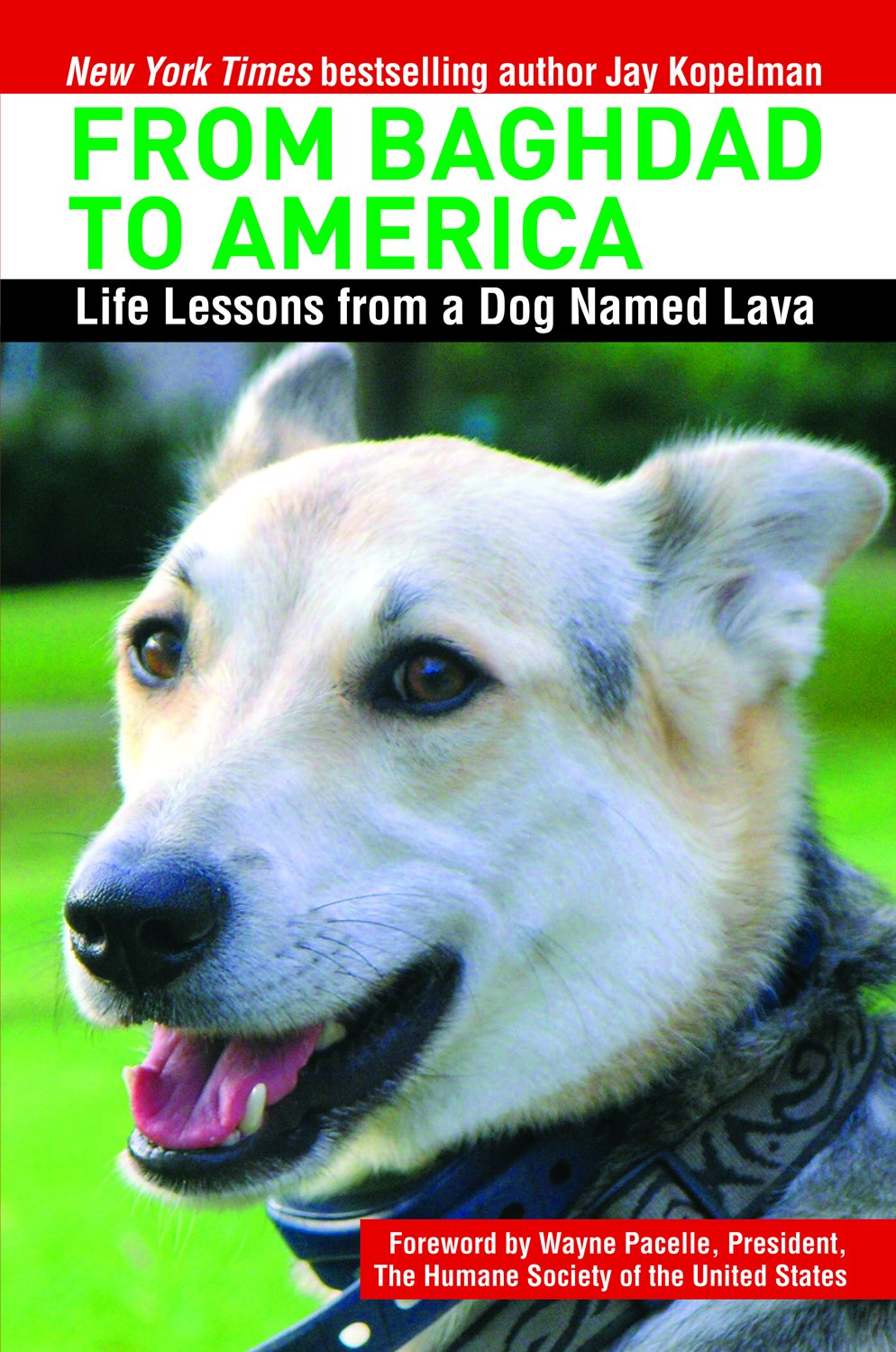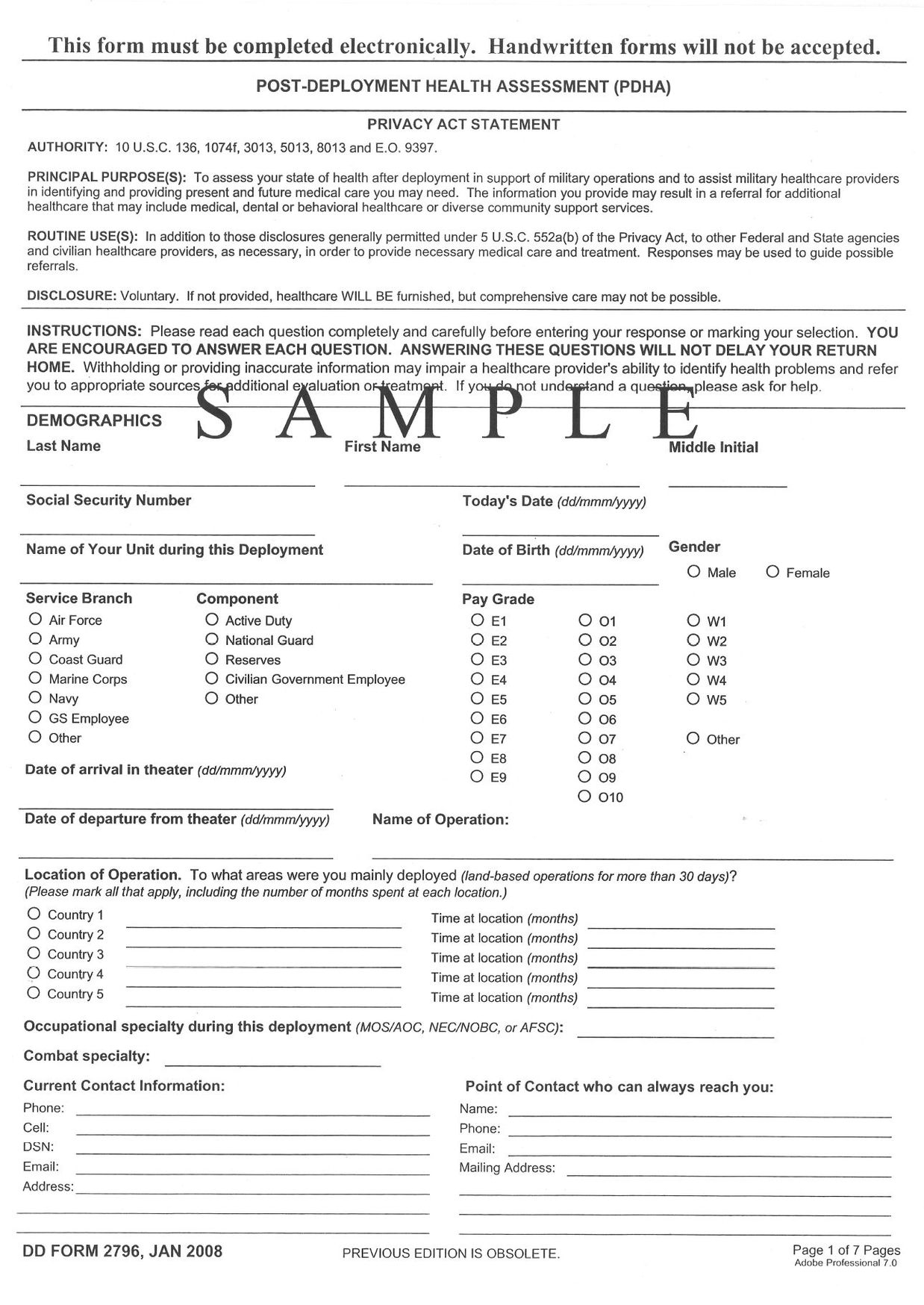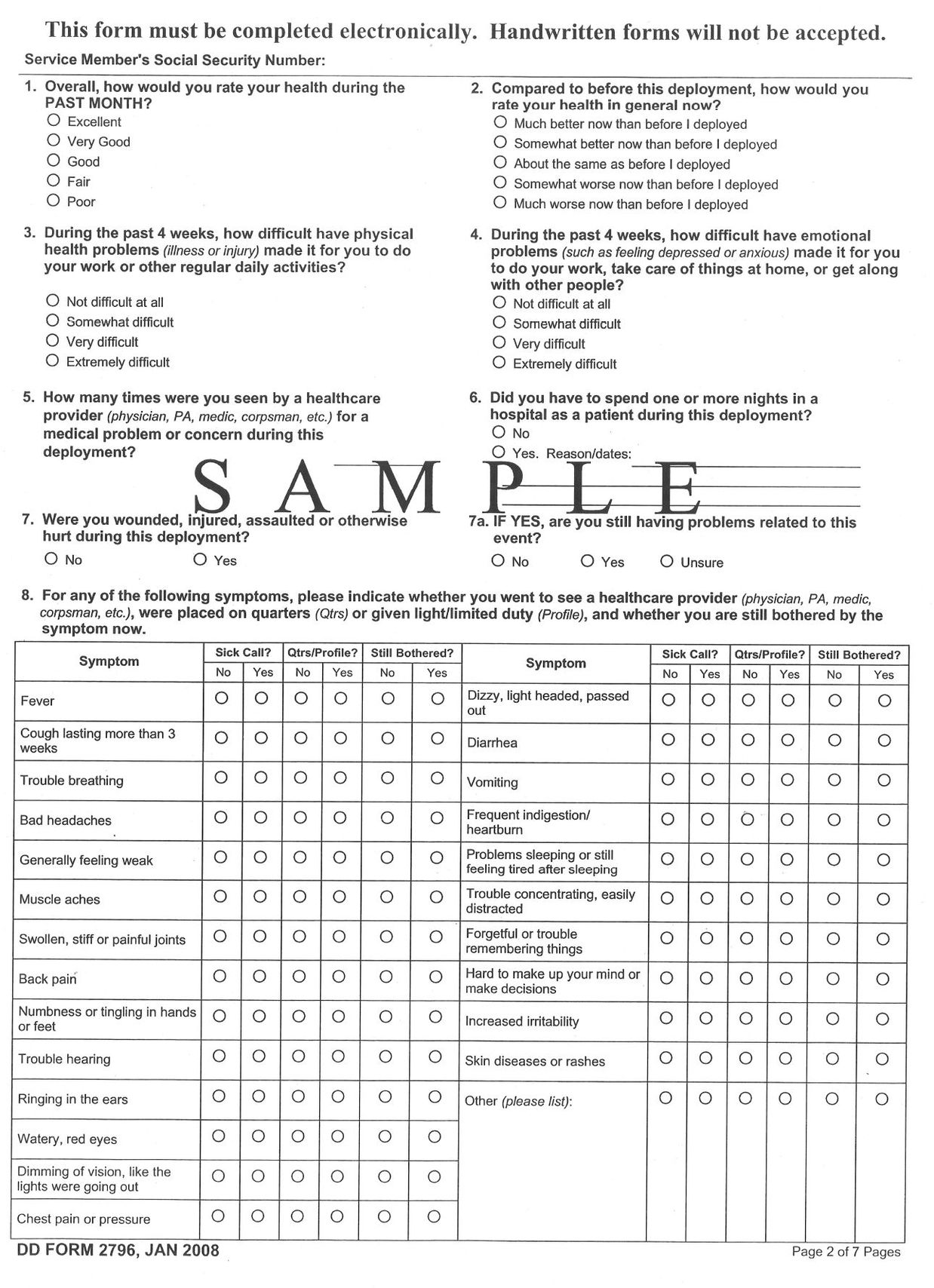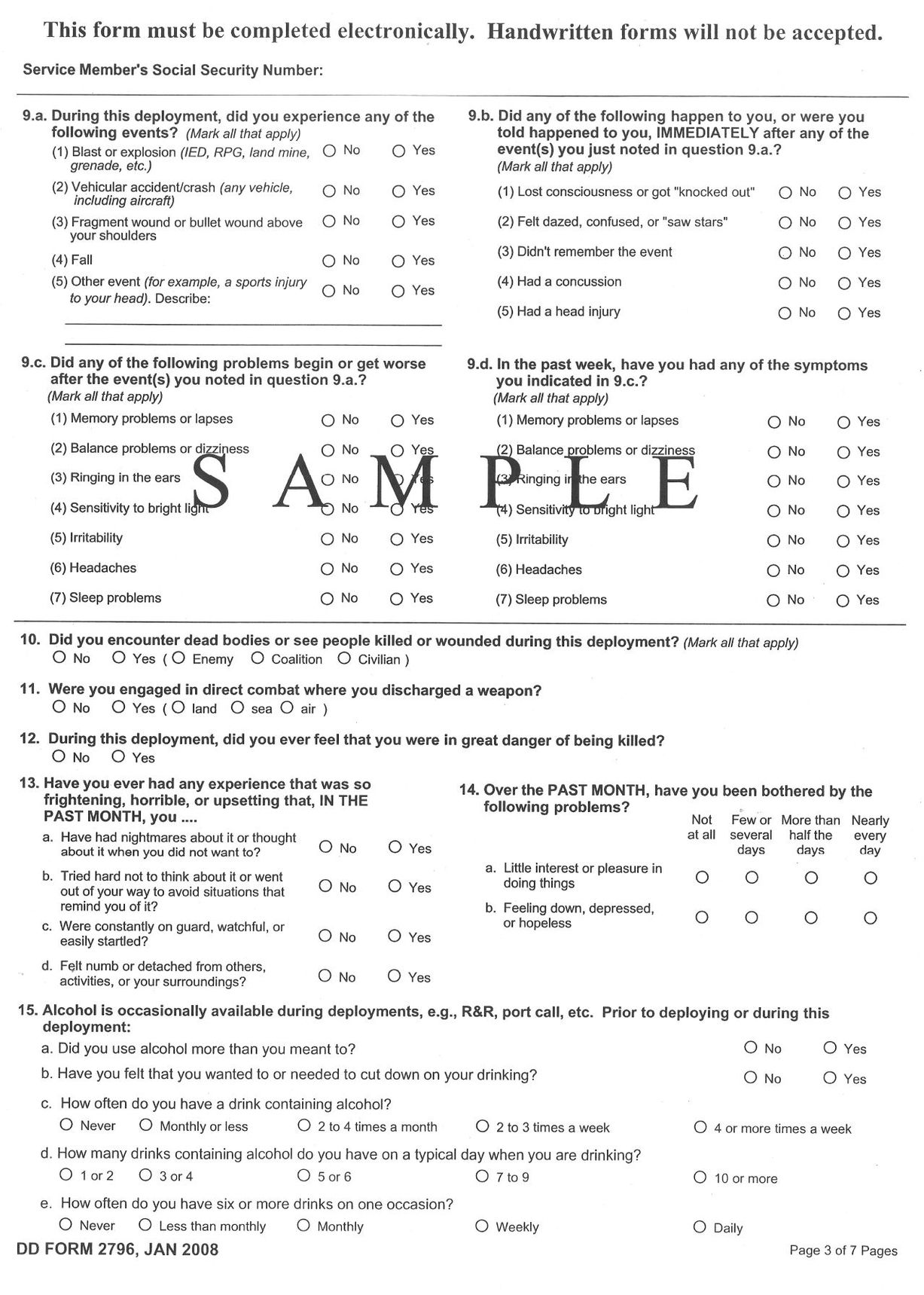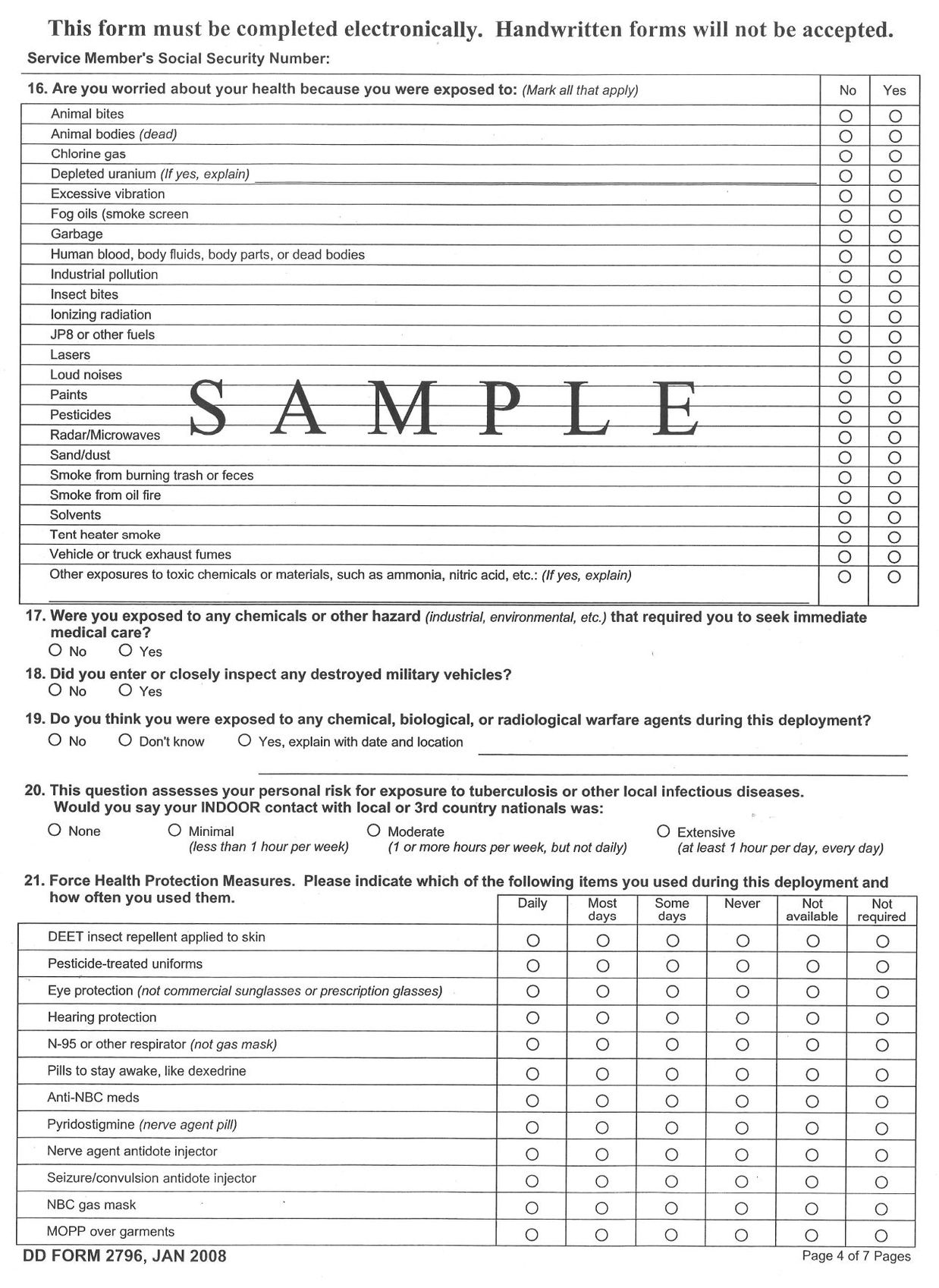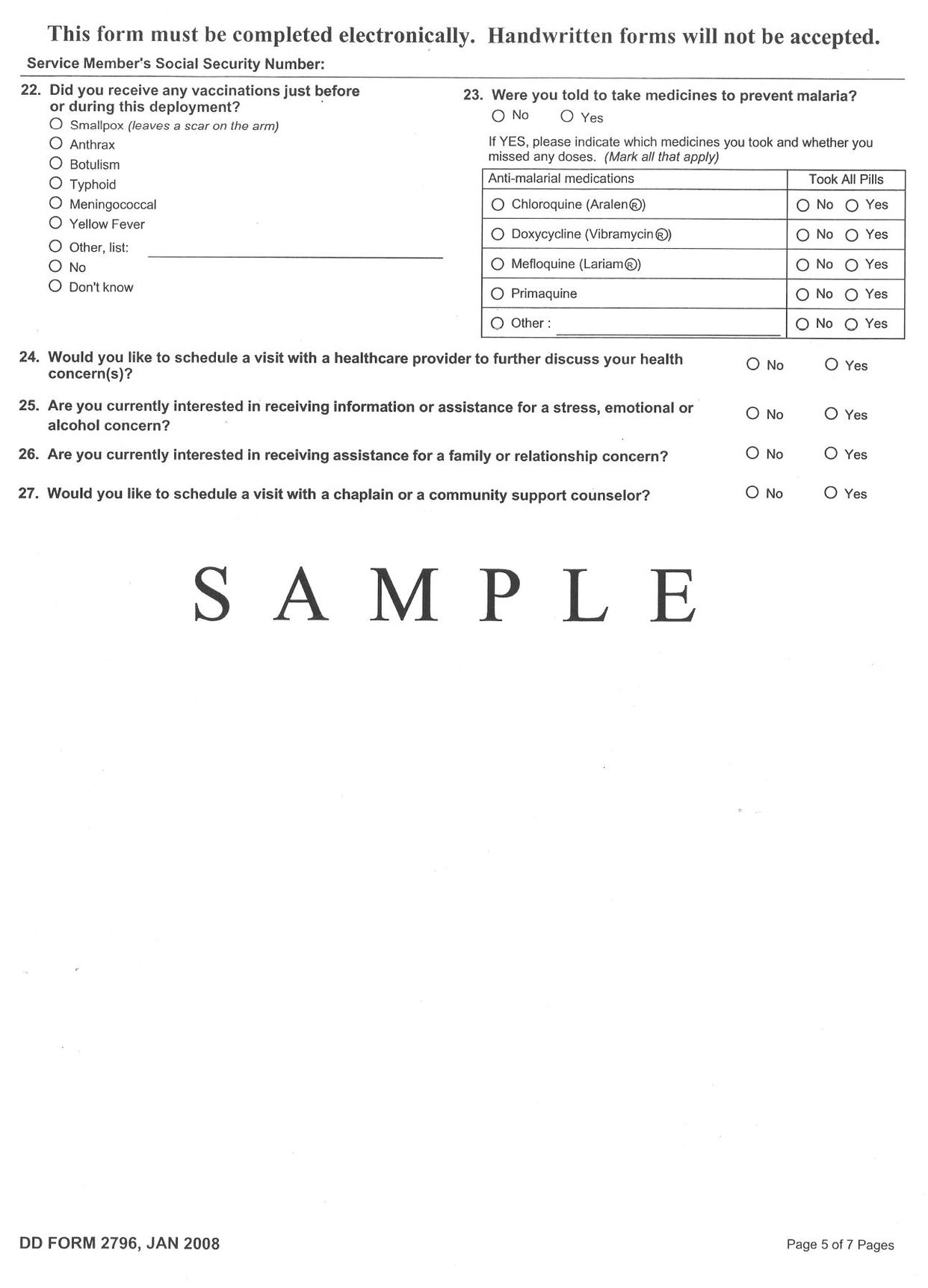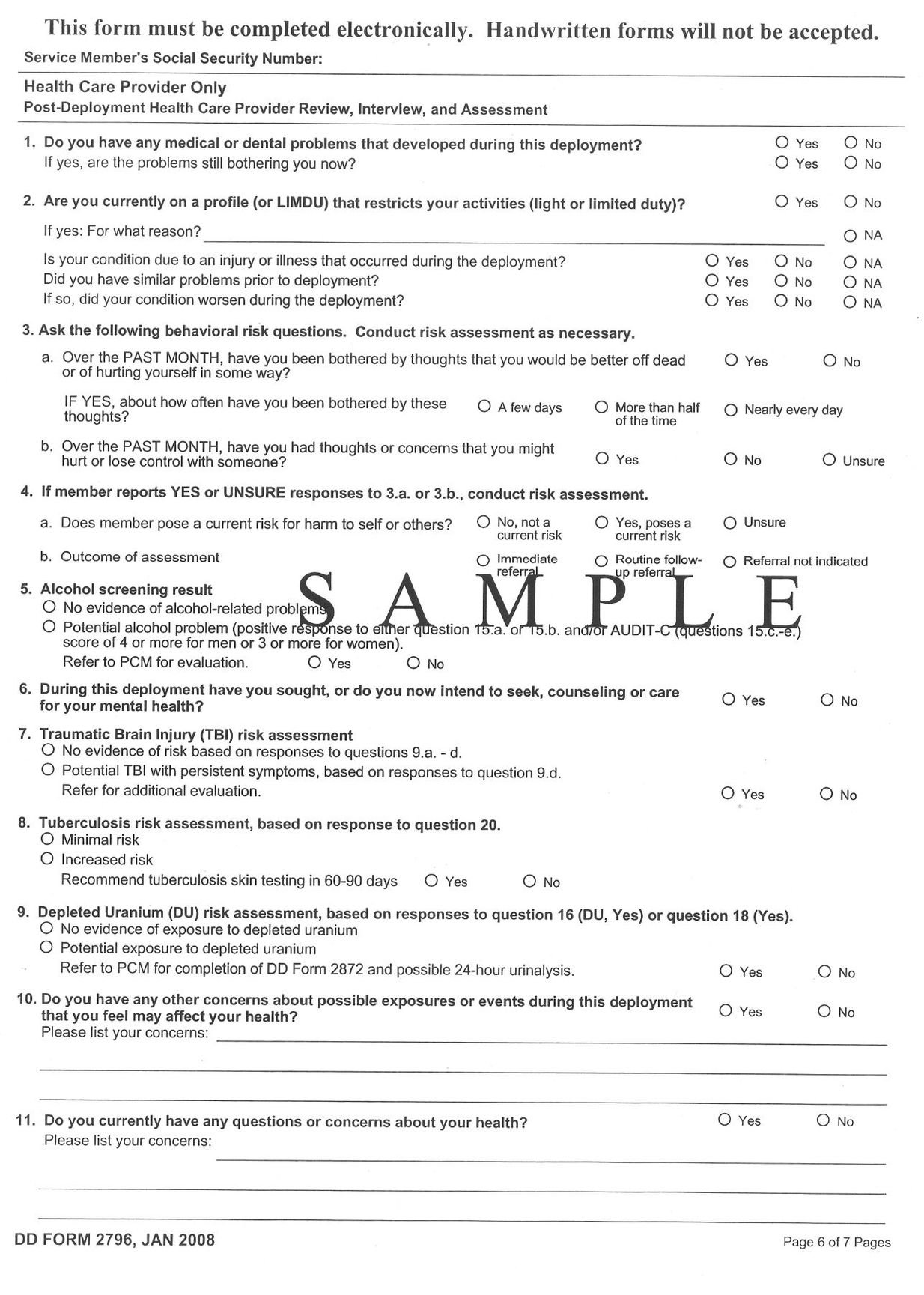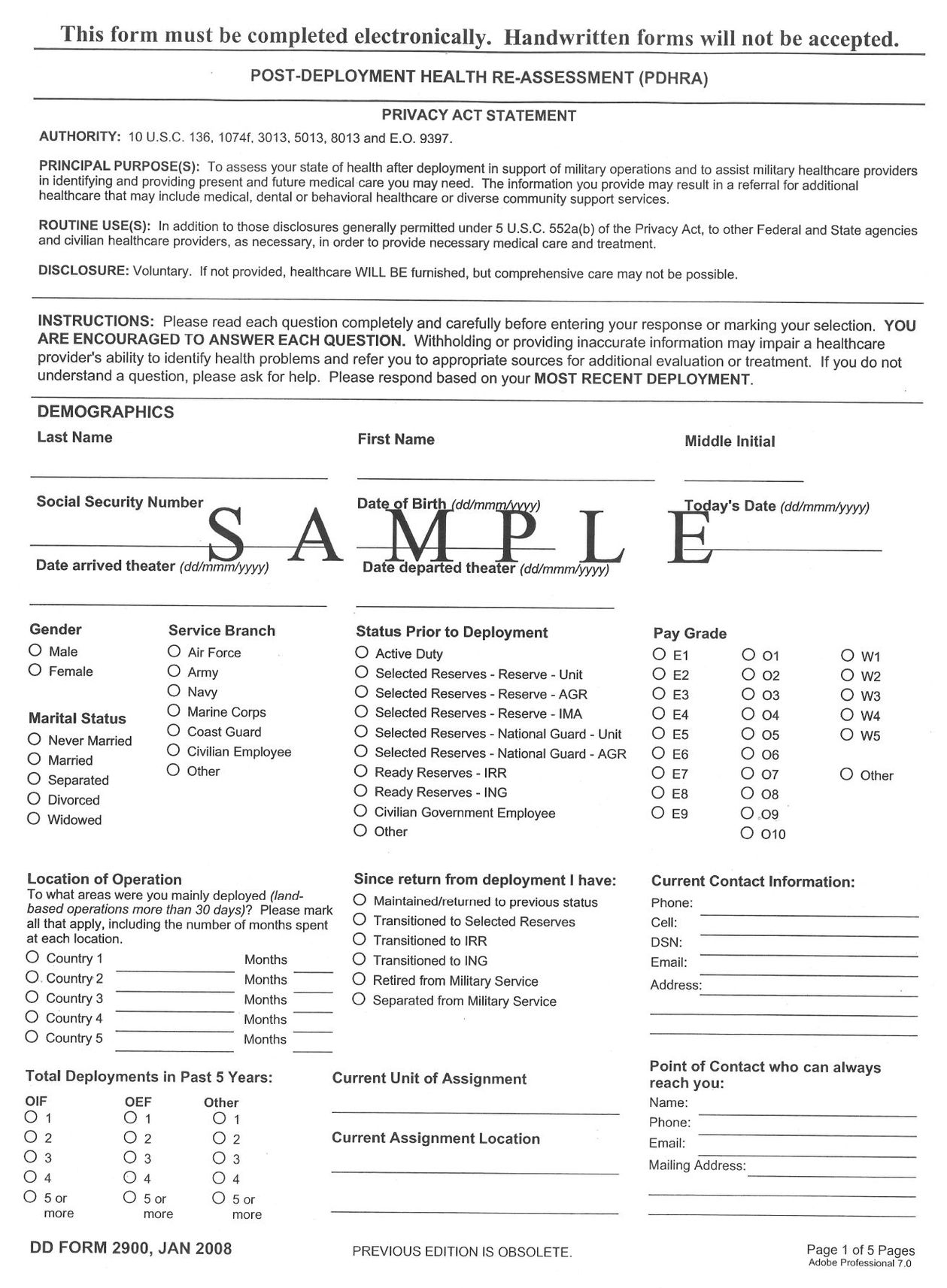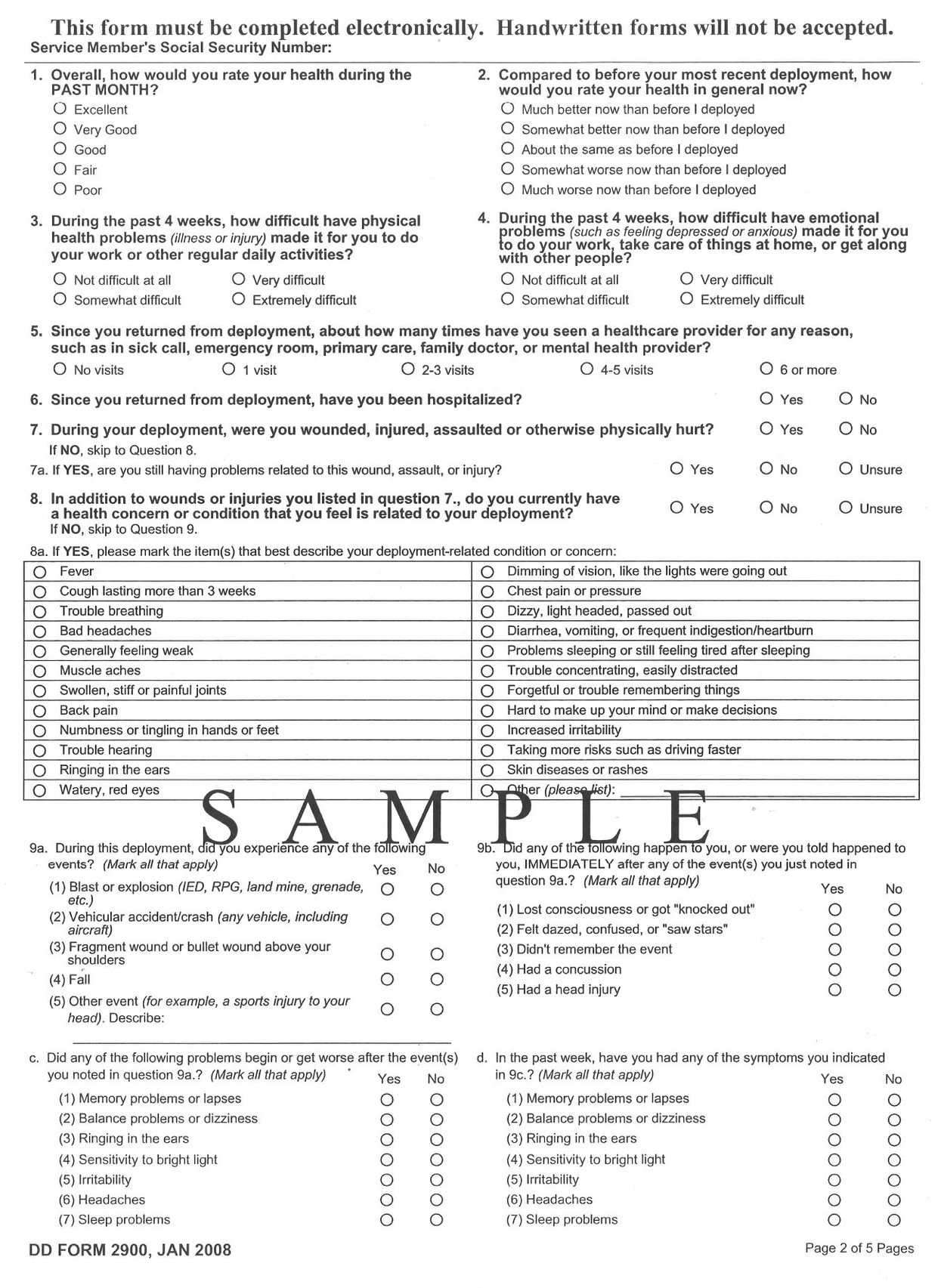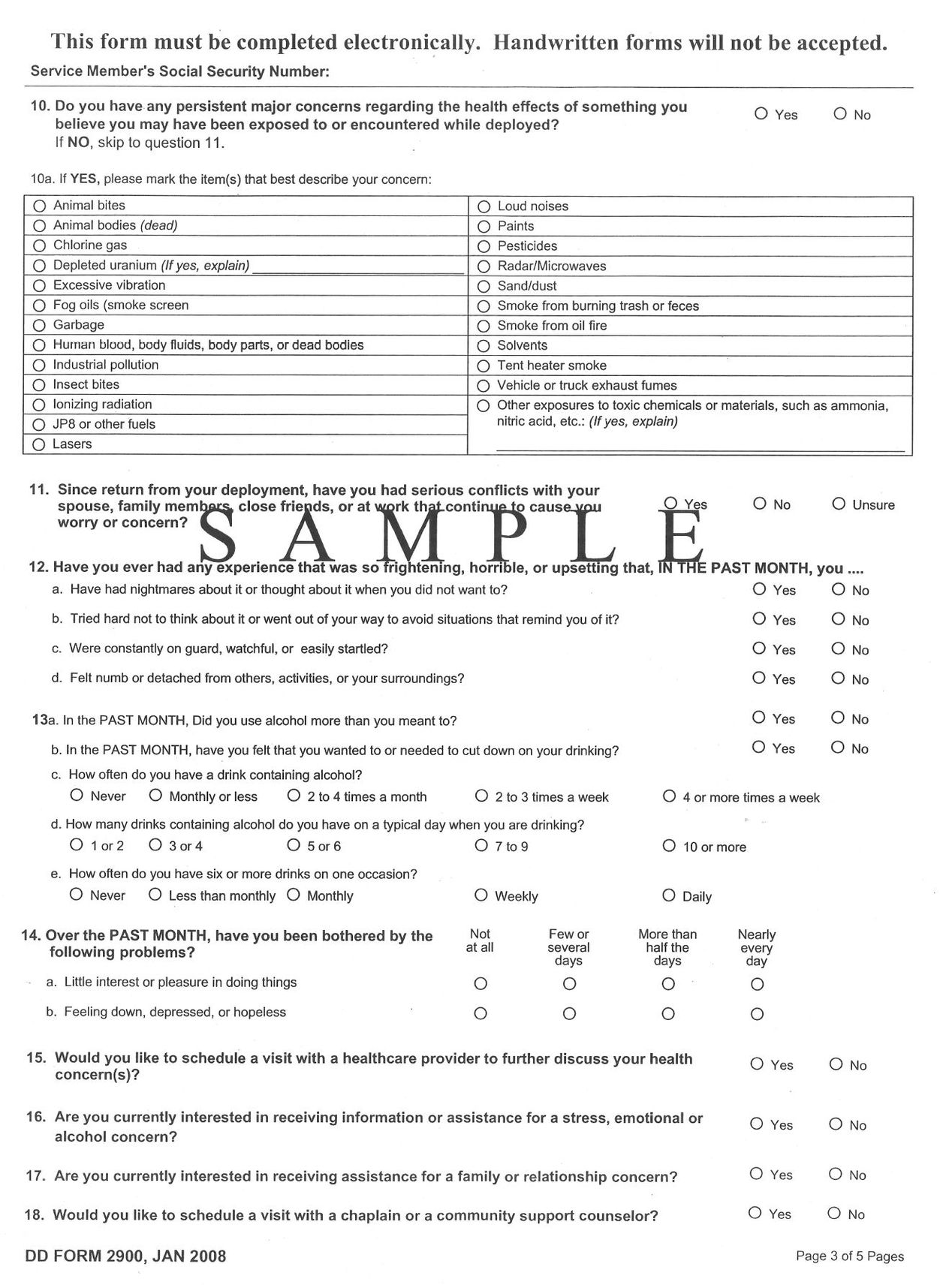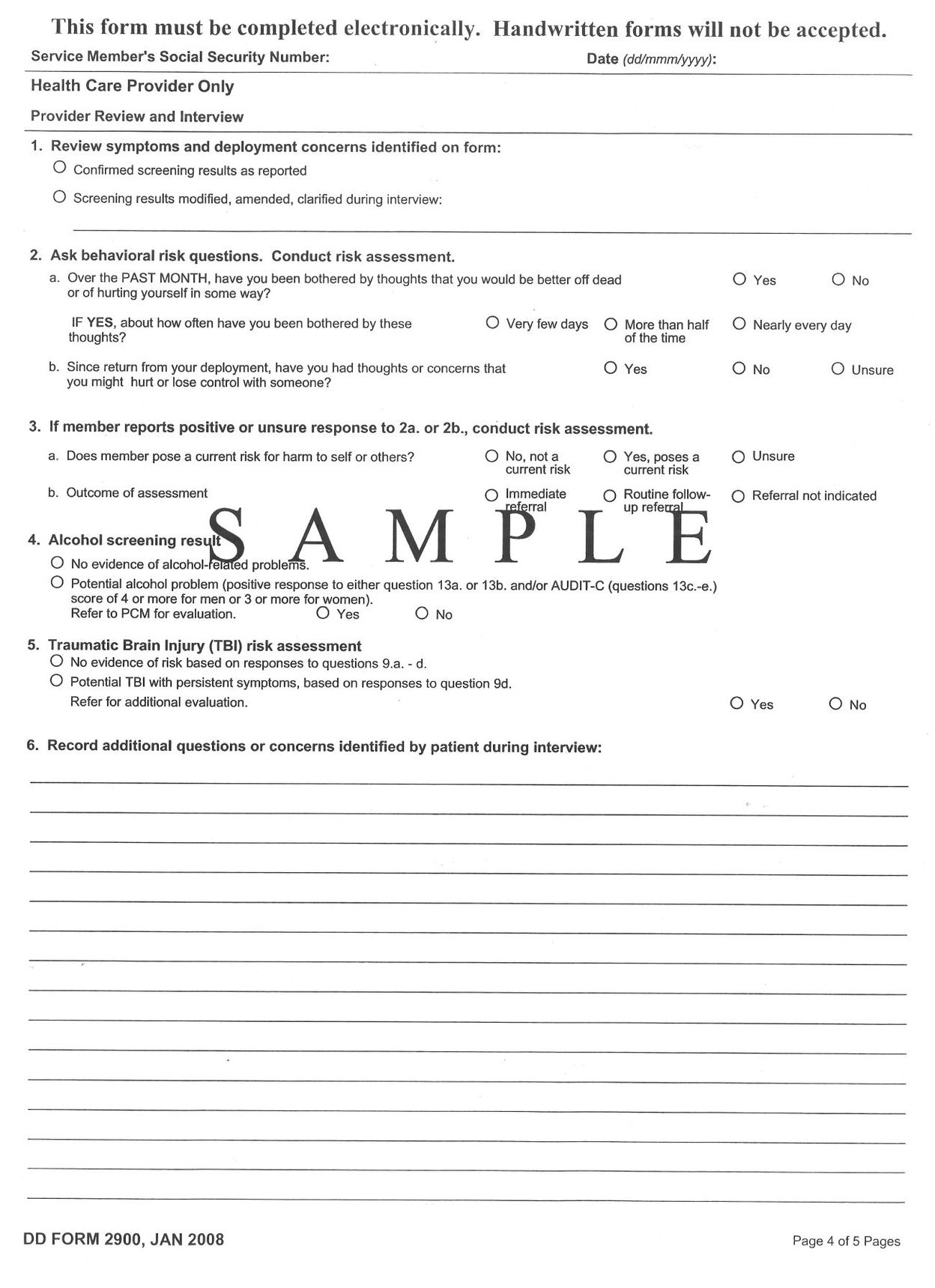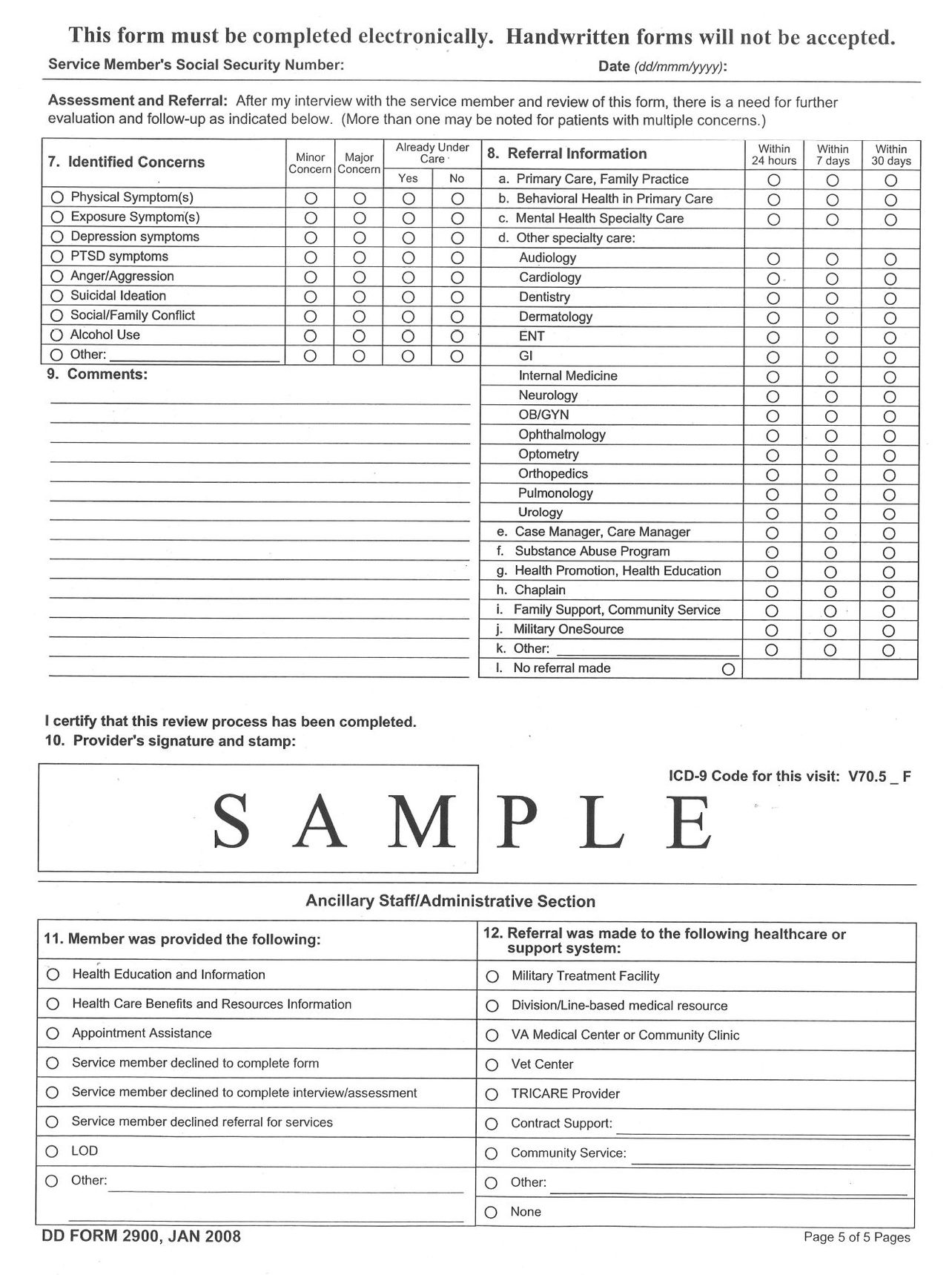Jay Kopelman - From Baghdad to America: Life Lessons from a Dog Named Lava
Here you can read online Jay Kopelman - From Baghdad to America: Life Lessons from a Dog Named Lava full text of the book (entire story) in english for free. Download pdf and epub, get meaning, cover and reviews about this ebook. year: 2008, publisher: Skyhorse Publishing, genre: Politics. Description of the work, (preface) as well as reviews are available. Best literature library LitArk.com created for fans of good reading and offers a wide selection of genres:
Romance novel
Science fiction
Adventure
Detective
Science
History
Home and family
Prose
Art
Politics
Computer
Non-fiction
Religion
Business
Children
Humor
Choose a favorite category and find really read worthwhile books. Enjoy immersion in the world of imagination, feel the emotions of the characters or learn something new for yourself, make an fascinating discovery.
- Book:From Baghdad to America: Life Lessons from a Dog Named Lava
- Author:
- Publisher:Skyhorse Publishing
- Genre:
- Year:2008
- Rating:5 / 5
- Favourites:Add to favourites
- Your mark:
From Baghdad to America: Life Lessons from a Dog Named Lava: summary, description and annotation
We offer to read an annotation, description, summary or preface (depends on what the author of the book "From Baghdad to America: Life Lessons from a Dog Named Lava" wrote himself). If you haven't found the necessary information about the book — write in the comments, we will try to find it.
Damn funny, very entertaining, and a powerful reminder of everything that these troops are sacrificing for us both here and abroad.Andrew Carroll, editor of the bestsellers War Letters and Behind the Lines
Lieutenant Colonel Jay Kopelman won the hearts of readers everywhere with his moving story of adopting an abandoned puppy named Lava from a hellish corner of Iraq. He opened the door for other soldiers to bring dogs home, and in From Baghdad to America, Kopelman once again leads the pack with his observations on the emotional repercussions of war.Here, for the first time, Kopelman holds nothing back as he responds to the question, Why did you save a dog instead of a person? The answer reveals much about his inner demonsand about the bigger picture of Operation Iraqi Freedom. He talks about what its like to return to the States and examines the shocking statistics to come out of Iraq: Depression, suicide, alcohol abuse, and broken relationships are at record highs for the men and women who serve there. Kopelman credits Lava with helping him to endure combat and the pain of war, as well as helping him deal with the surprising difficulties of returning to everyday life. Civilians have a hard time understanding what being a Marine means, and the adjustment to living among them is hard for these soldiers. This book attempts to shed light on that for all readers. 10 black-and-white illustrations
Jay Kopelman: author's other books
Who wrote From Baghdad to America: Life Lessons from a Dog Named Lava? Find out the surname, the name of the author of the book and a list of all author's works by series.

